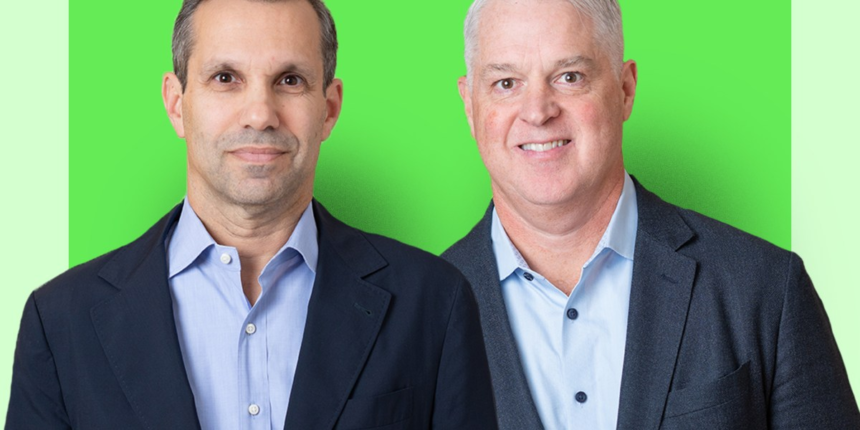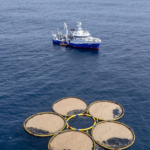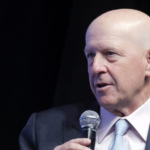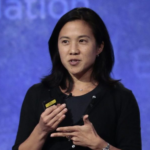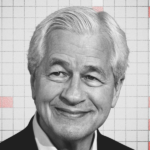“No one was in the office. The world was shut down,” Palmer said.
Sitting around Palmer’s dining room table, he and Coburn would talk to possible investors, employees and advisors about their plans to build a private equity firm. They didn’t have a name yet, but the firm would invest in companies and products that protect the U.S. and its military personnel, both men and women. Luckily, it was mild outside, so they kept the windows open.
“It was daunting, and scary, but also rejuvenating,” Palmer told Fortune.
It took about a year but the firm that would eventually call itself Capitol Meridian Partners did get an office. In March 2022, the PE firm opened its doors on K Street in downtown Washington D.C. Capitol Meridian now has 14 employees. About 10 of them, including Palmer and Coburn, previously worked at Carlyle Group during some point in their careers.
Capitol Meridian, however, doesn’t invest in products, such as handguns, that could wind up in a high school. “That’s not where we focus,” Palmer said.
Instead, Capitol Meridian bets on businesses that “support the nation and the warfighters, or U.S. servicemen and women,” said Palmer. Though he has never been in the military, his father was a reservist in Vietnam while his grandfather served in World War II.
Defense is typically not a sector that is favorable to new entrants or generalist investors, due to shifting priorities in government spending, said Matt Autrey, a partner at Adams Street Partners, an investor of Capitol Meridian’s first fund. “Adam and the Capitol Meridian team have been able to succeed investing in the defense sector due to the specialized expertise and networks they possess in the space,” Autrey said in an email.
Palmer has a long history, more than 25 years, in defense and aerospace investing. In the mid-1990s, he was a Lehman Brothers financial analyst working on some deals for Carlyle, which was then a Washington D.C. private equity firm known for its political connections. (George W. Bush sat on the board of one of its portfolio companies).
Bill Conway, one of the Carlyle cofounders, recruited Palmer to join the firm over a breakfast meeting. He received a one-paragraph offer letter days later. Palmer was just 22. “It was a different world back then,” he said.
Carlyle, in the 2000s, began focusing on more than defense, investing in consumer, healthcare, industrial and technology. Palmer and Coburn, who was named deputy CIO for real assets in 2018, didn’t care for Carlyle’s “elephant hunting” style of investing where it sought fewer, larger deals.
In early 2021, Palmer and Coburn learned Carlyle wouldn’t be raising another middle-market fund and opted to leave. They decided to launch a new, smaller firm—not a Carlyle clone—that would return them to their middle-market roots. Palmer defines the middle market as deals below $1 billion. “The opportunity for the best returns in this sector, defense and national security, is in the middle market,” Palmer said.
While geopolitical tensions remain high, Capitol Meridian is expected to return soon to the fundraising market for its second pool. Roughly 60% of its first fund is invested. (PE firms generally start marketing when a fund is about 70% invested.)
Capitol Meridian is anticipated to seek over $1 billion for its next pool, a person familiar with the situation said. Palmer declined to comment.
Palmer still has the dining room table, where Capitol Meridian started several years ago, stowed away in the firm’s office. His goals for Capitol remain simple. “We want to be the best small PE partnership that helps U.S. servicepeople,” he said.


